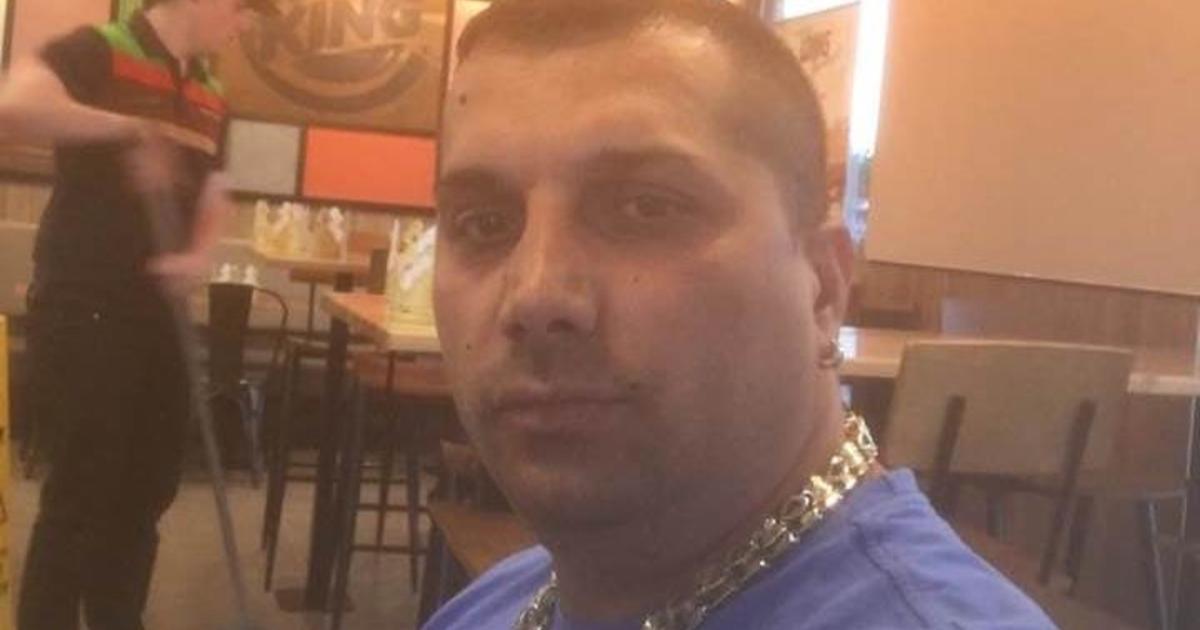Modern slavery is a pervasive global issue, impacting millions and often hidden in plain sight. This article delves into a specific case involving the trafficking of Czech nationals into the UK, highlighting the exploitation within seemingly legitimate businesses like McDonald’s and food factories supplying major supermarket chains. The case exposes critical failures in safeguarding vulnerable workers and underscores the need for enhanced anti-slavery measures within organizations and across supply chains.
The Exploitation of Czech Nationals in the UK
The Gang’s Operations and Victims
A criminal gang, led by the Drevenak brothers, orchestrated the trafficking of at least 16 individuals from the Czech Republic to the UK. Many victims were vulnerable, experiencing homelessness or addiction, making them easy targets. The gang preyed on their circumstances, promising well-paid jobs, but upon arrival, confiscated passports and controlled their every move through violence and intimidation. Victims were forced to work excessively long hours, often exceeding 70-100 hours a week in physically demanding jobs at a McDonald’s restaurant in Cambridgeshire and various food factories supplying major UK supermarkets. The gang systematically stole the majority of their earnings, leaving the victims with only a few pounds per day to survive in cramped, substandard accommodation, including an unheated trailer and a leaky shed. This pattern of exploitation continued for approximately four years, from 2015 to 2019. The gang used the ill-gotten gains to fund a lavish lifestyle, acquiring luxury cars, jewelry, and property. The sheer scale and duration of the exploitation reveal a systematic operation designed to maximize profit at the expense of human dignity.
Systemic Failures and Missed Opportunities
The investigation revealed a shocking number of red flags ignored by employers and authorities alike. Several victims shared the same bank account details and listed the same address, suggesting a potential trafficking operation. The lack of English proficiency among some workers, coupled with the presence of a gang member acting as an interpreter at job interviews, should have raised serious concerns. Despite working extremely long and grueling hours, raising immediate questions about compliance with employment law and workers rights, these indicators remained unnoticed for years. This systemic failure to detect and act on obvious signs of exploitation highlights major flaws in existing safeguarding procedures within the affected businesses and the broader regulatory environment. Former independent anti-slavery commissioner Dame Sara Thornton expressed serious concern about the missed red flags and questions whether companies did enough to protect vulnerable workers. Similarly, Detective Sergeant Chris Acourt stated that “massive opportunities” were missed, and with greater awareness, the exploitation could have been stopped much sooner.
The Response and Aftermath
Following investigations by Czech and British police triggered by victims contacting authorities, six members of the trafficking ring, including the Drevenak brothers, were convicted. This prosecution serves as a pivotal point in addressing the long-standing abuse; however, the case’s lasting impact necessitates critical reform within organizations.
McDonald’s and the British Retail Consortium’s Response
In the aftermath of the BBC investigation, McDonald’s UK issued a statement acknowledging the incident and claiming improvements in its systems for identifying potential risks, as well as their commitment to helping combat modern slavery. The British Retail Consortium similarly pledged its members’ commitment to learning from this incident. These responses are a small step forward, but lasting change demands substantive reform in safeguarding vulnerable individuals throughout the supply chain. Increased transparency, comprehensive employee training to better identify the subtle signs of exploitation, and strengthened accountability measures are crucial next steps. The lack of accountability in not recognizing these signs and actively responding raises questions about corporate social responsibility and corporate social impact.
Lessons Learned and the Path Forward
This case provides a stark reminder of the insidious nature of modern slavery and the ease with which it can be masked within seemingly legitimate businesses. It is imperative for organizations to invest in comprehensive employee training and enhanced risk assessment processes, which extend beyond simple checks and go into ethical sourcing and proactive due diligence within their supply chains.
Prevention and Detection of Modern Slavery
Proactive measures such as enhanced background checks, thorough due diligence of suppliers and contractors, anonymous reporting mechanisms, robust internal processes that flag up any red flags, regular employee training, improved collaboration among agencies are all crucial in combating this issue. These measures can significantly strengthen an organisation’s position in identifying and responding to situations of human trafficking and exploitation, but without full accountability at every level, there is only an illusion of control and security.
Take Away Points:
- This case highlights systemic failures to recognize and address signs of modern slavery.
- Organizations need improved systems for identifying and reporting potential exploitation.
- Enhanced employee training and strengthened accountability measures are vital in preventing similar occurrences.
- Collaboration among government agencies, businesses, and NGOs is critical in combating modern slavery.
- There is a dire need for increased transparency and responsible sourcing throughout the supply chain.




